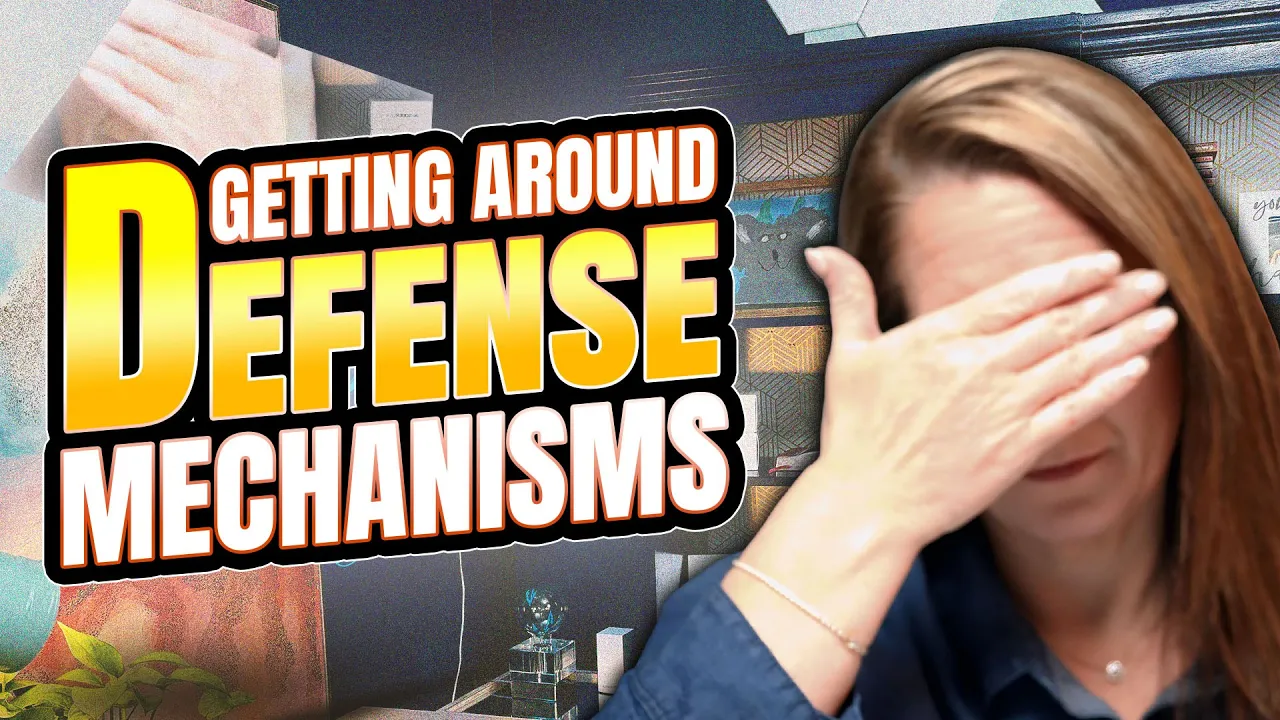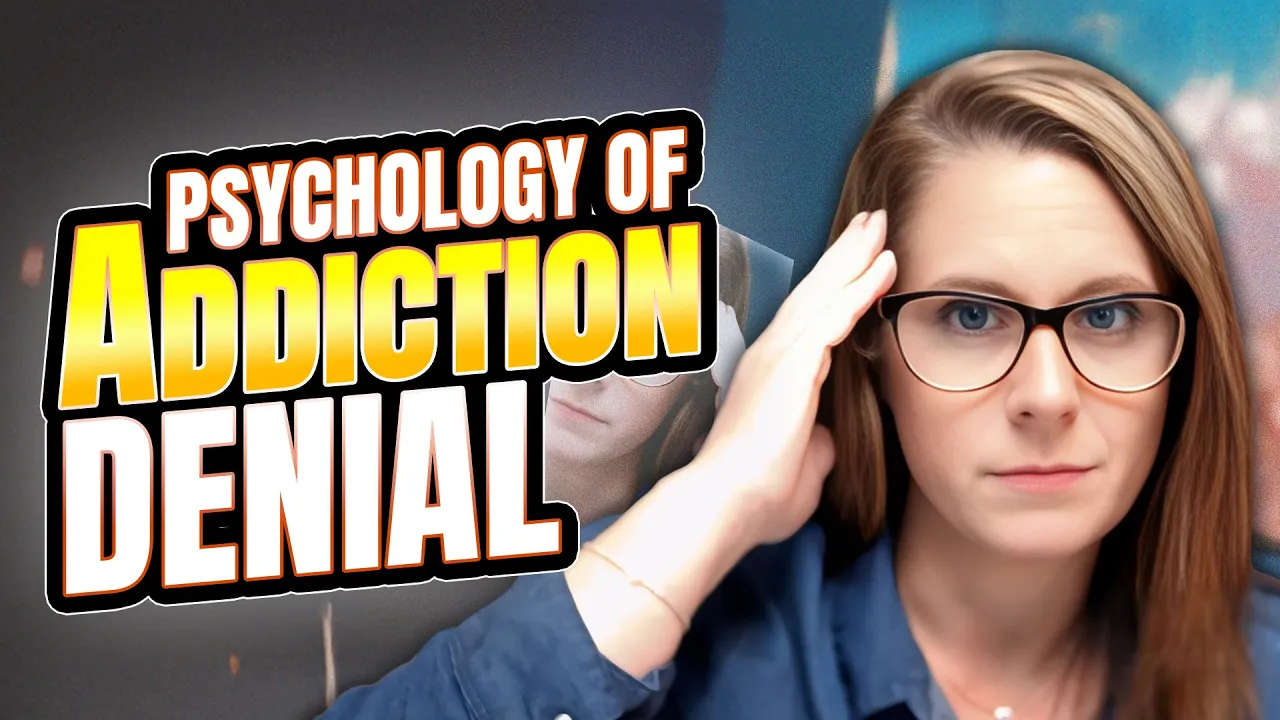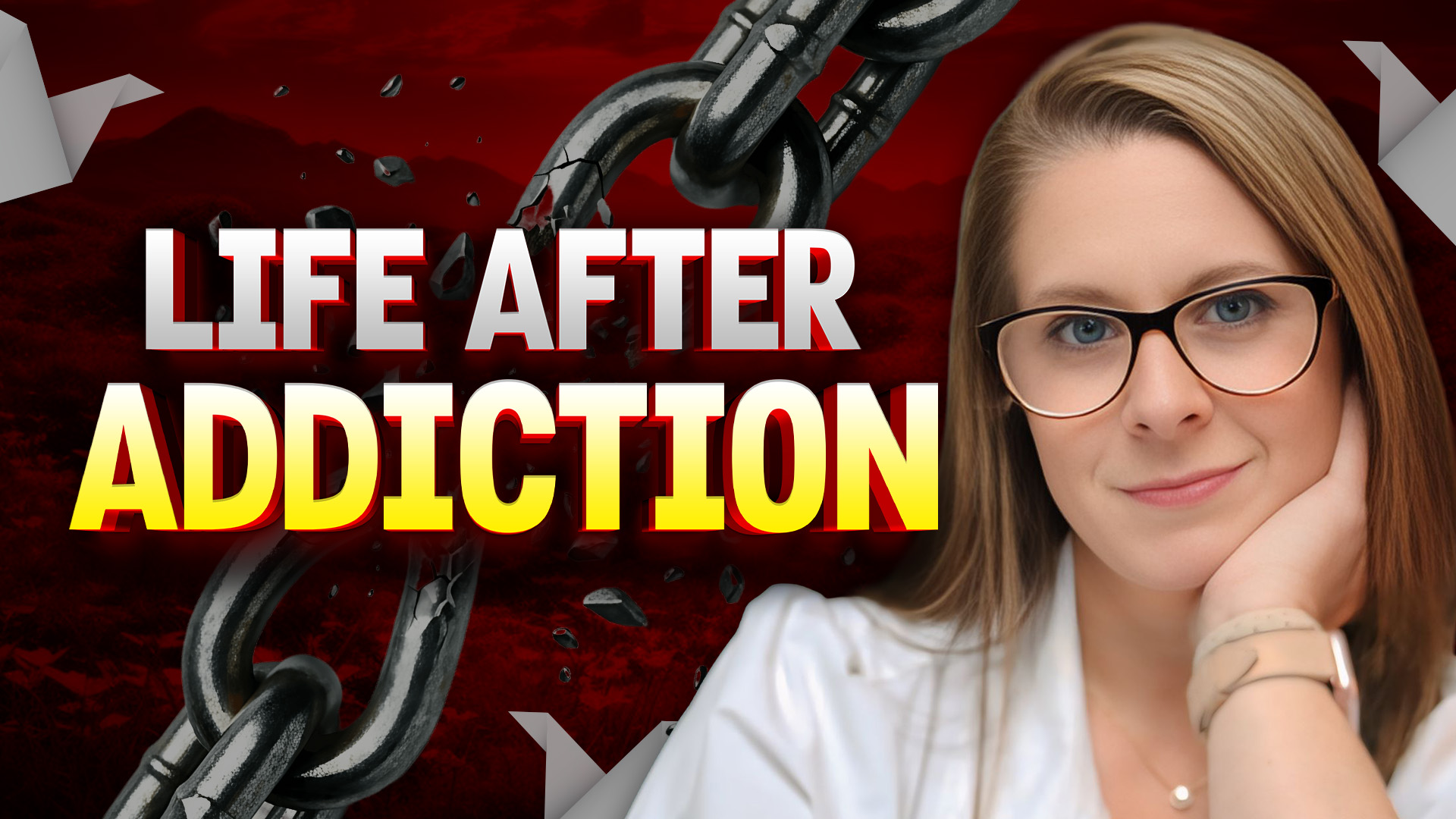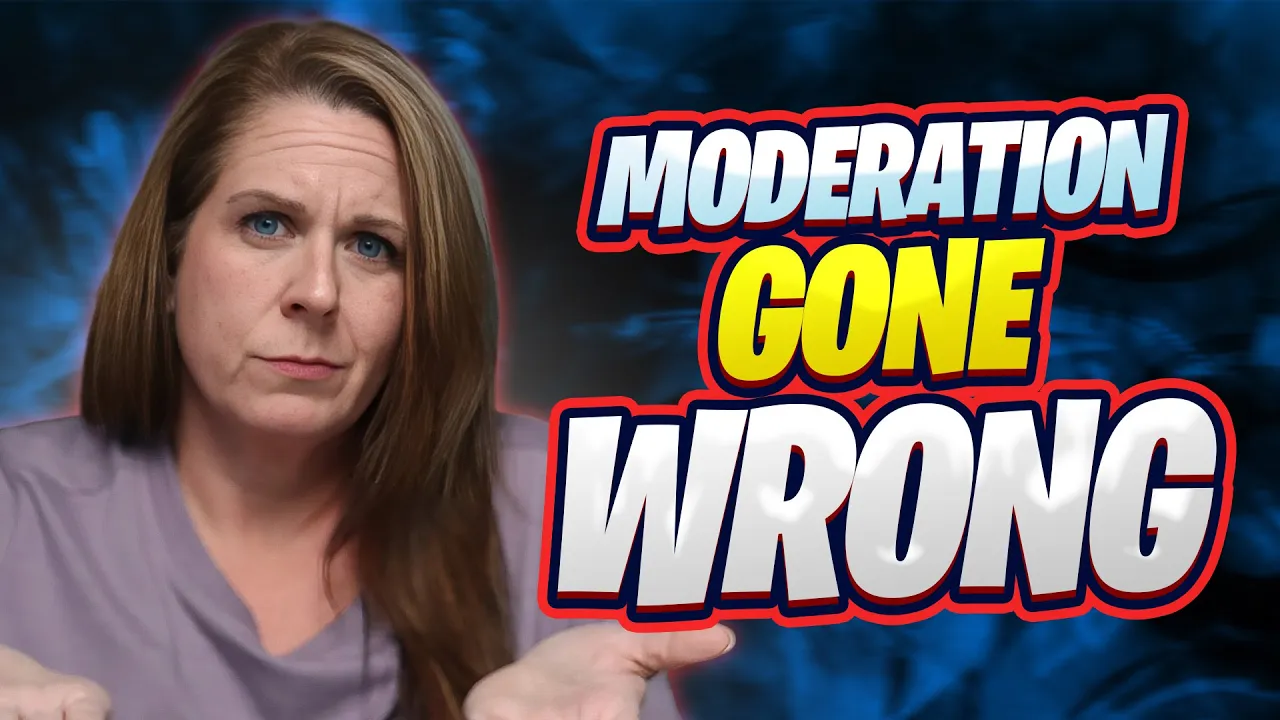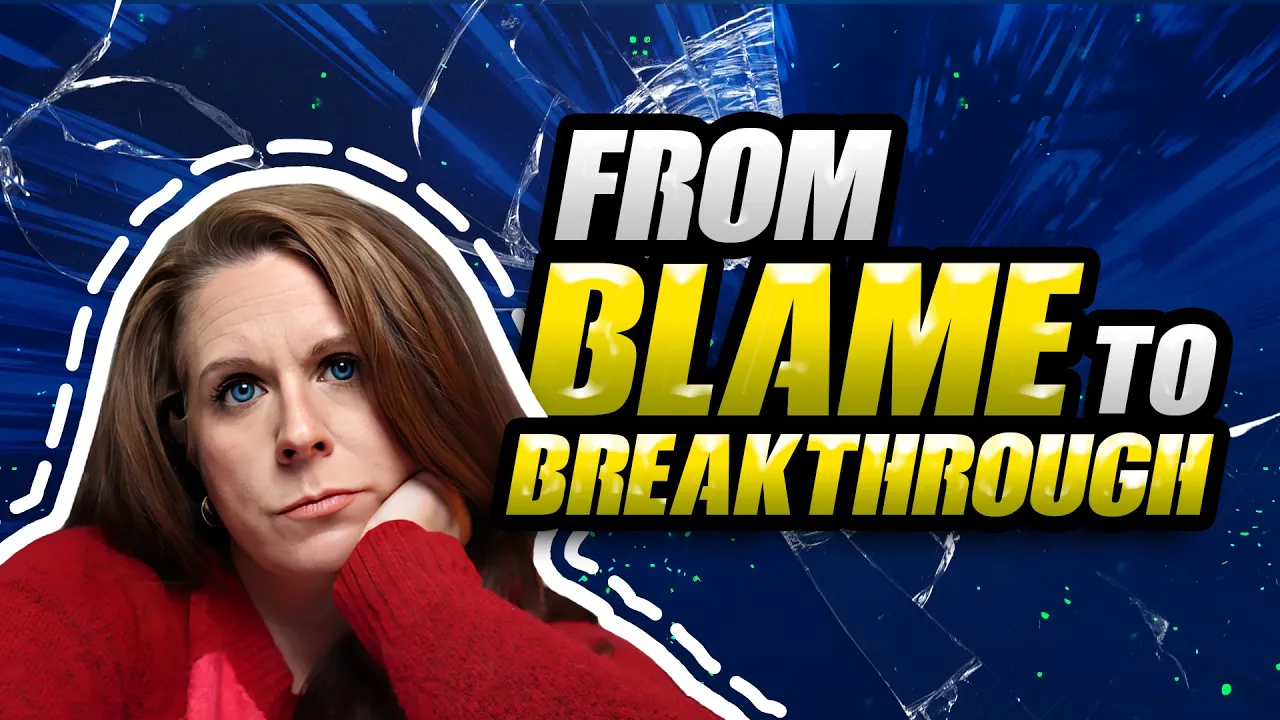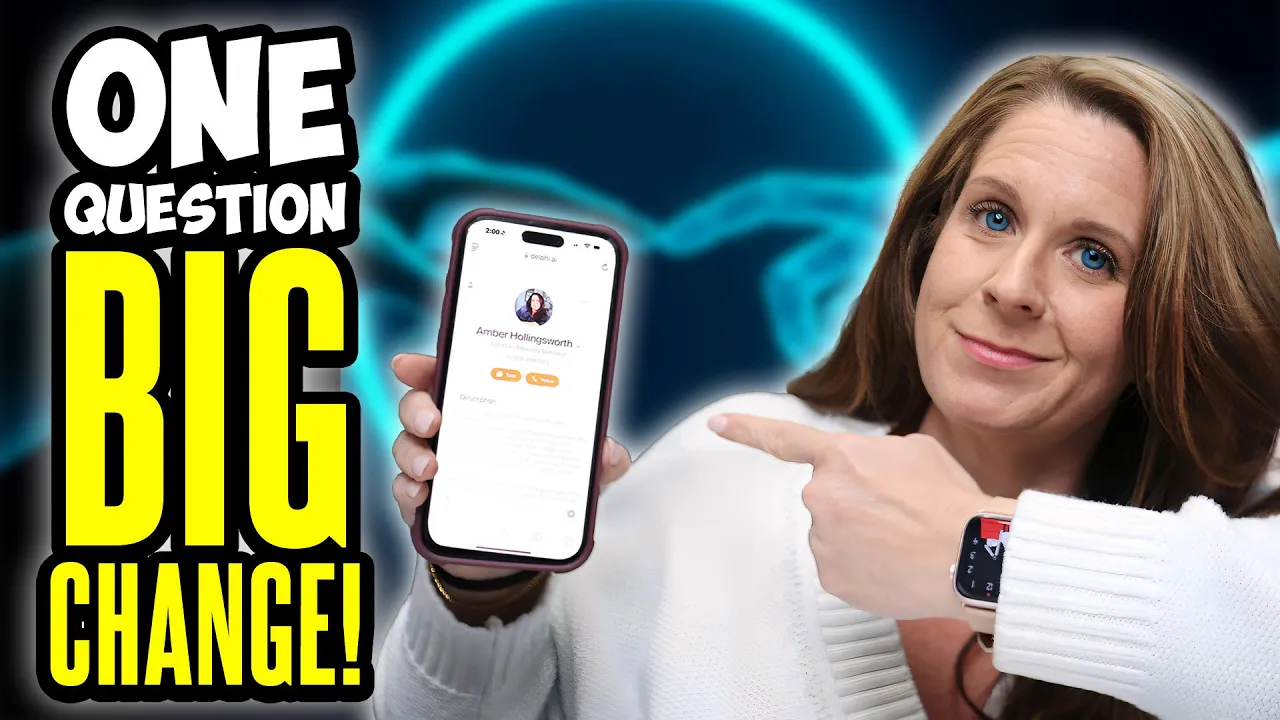The PSYCHOLOGY Behind Breaking An Addict's DENIAL | Denial Decoded Pt. 2
How to Get Someone to Face the Truth About Their Addiction — Without Pushing Them Away
Trying to help someone you love see the truth about their addiction can feel like trying to get the perfect oven temperature for a Thanksgiving turkey — too cold and nothing happens, too hot and you burn the house down.
If you’ve ever tried to confront a loved one about their drinking, drug use, or destructive habits, you know exactly what I mean.
I’m Amber Hollingsworth, and here on Put The Shovel Down, we don’t just share success stories — we break down the how and why behind addiction and recovery so you can stay five steps ahead.
Let’s talk about how to get through to someone in denial without accidentally driving them deeper into it.
Why Most Attempts to “Wake Someone Up” Backfire
Here’s the thing: your instincts might be telling you to “just lay it all out.”
To tell them how they’re ruining your life, their life, the kids’ lives — and hope that reality will snap them out of it.
But gue...
How DENIAL Is QUIETLY RUINING You | Part 1 of Denial Decoded Series
How to Understand and Handle Denial: A Game-Changer for Dealing With Addiction
If you’ve ever felt frustrated trying to help a loved one who just can’t see how bad things have gotten — or if you’ve caught yourself minimizing your own unhealthy behaviors — you’re not alone. There’s a powerful psychological concept that explains this all too well, and once you grasp it, it will forever change how you handle denial in yourself and in others.
Welcome to Put the Shovel Down
Hi, I’m Amber Hollingsworth, creator of Put the Shovel Down — the YouTube channel designed to help you master the science and psychology of addiction so you can stay five steps ahead. With over 20 years of experience helping individuals and families overcome addiction, I’m here to remind you: You are NOT powerless.
Today, we’re digging deep into a truth about denial that most people overlook — and how you can actually work with it, not against it.
The Fancy Word You Already Know: Cognitive Dissonance
Let’s get st...
How To Walk Away From Addiction And Never Look Back | PART 3
How to Stay Strong in Recovery: Protecting Your Fire When Life Gets Hard
Welcome back! You’ve made it to part three of our series on how to walk away from addiction—and never look back. If you haven’t seen parts one or two yet, no worries. You can jump in here and go back later, or start from the beginning if you want the full experience. Either way, you're in the right place.
Recovery Is Just the Beginning
If you’ve been following along, you’re starting to see a big truth: walking away from an addiction is only the first step. What really keeps you going is building a meaningful life—one that’s worth staying sober for. But let’s be honest—life doesn’t always make it easy to keep that momentum.
This blog is your guide to staying strong in recovery, even when life throws you curveballs. We'll show you how to keep that fire of recovery burning bright—no matter what challenges come your way.
🔥 Think of Your Recovery Like a Fire
Imagine your recovery journey like building and maint...
How To Walk Away From Addiction And Never Look Back | PART 2
Walking Away from Addiction is Just the Beginning—Now Let’s Build What Comes Next
In Part 1 of this series, we talked about the power of focusing on what you have instead of what you’re giving up. But here’s the truth:
Walking away from addiction is only the first step.
The real transformation happens when you ask yourself:
“What am I walking toward?”
In this post, we're diving into how to build a life so meaningful and fulfilling that you don’t even feel the urge to look back.
Why You Need a Vision Bigger Than Sobriety
Recovery isn’t just about not using. It’s about building a life that you actually love waking up to.
And just like building a house, you’ve got to start with the foundation. That foundation? It’s your core values.
Step 1: Identify Your Core Values
Addiction pulls us away from who we truly are. It leads us to act in ways that go against our internal compass, and that disconnect creates deep shame and pain.
To build your recovery on solid ground, you must reco...
How To Walk Away From Addiction And Never Look Back | PART 1
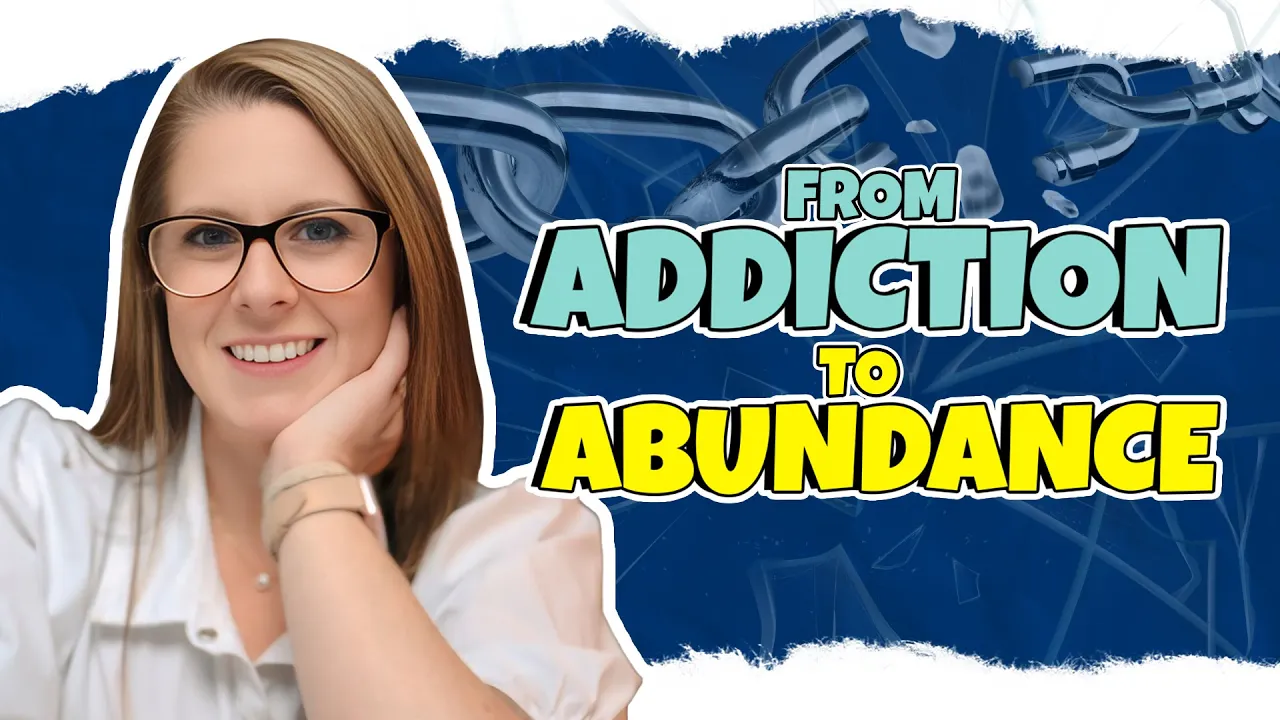
How to Break Free from Addiction and Never Look Back
Have you ever felt like addiction just won’t let go? Like no matter how hard you try, it keeps whispering in your ear, telling you you’re missing out or giving up too much?
That’s not a coincidence. It’s a trap—and it’s the oldest trick in the book.
Literally.
Addiction’s Origin Story: A Lesson from Adam and Eve
Let’s go back to one of the oldest stories we know: Adam and Eve in the Garden of Eden. They had access to everything—peace, beauty, abundance. But they were told not to eat from one tree. One. And what happened? The serpent whispered. The focus shifted to the one thing they “couldn’t” have.
That whisper is what addiction does. It pulls your focus to what you can’t have, not what you already do.
Focus is Everything—What You See is Where You Go
Recovery is about retraining your focus.
Imagine a tightrope walker. If they look down, they fall. They have to fix their eyes on the end goal. The same applies to addiction:...
How To Turn Their Every "No" Into "YES" | Make Addicts Listen With This
How to Respond When Your Addicted Loved One Refuses Help: A Step-by-Step Guide
Are you exhausted from hearing excuses after excuses from your addicted loved one?
If you’re stuck in the frustrating cycle of “I’m not that bad,” or “I can quit on my own,” you’re not alone—and you’re exactly where you need to be.
This guide is going to give you the tools to not just cope with the resistance, but to navigate through it with confidence and strategy.
Let’s talk about how to stop spinning your wheels and start making progress—even when your loved one says they’re “not ready.”
🎯 Top 10 Excuses Addicted People Use to Avoid Getting Help
First, let’s call out the most common objections you’ve probably heard:
-
"I’m not that bad."
-
"I can stop whenever I want."
-
"I don’t have time."
-
"I don’t want to leave my kids/family."
-
"People will judge me."
-
"I've tried before and it didn’t work."
-
"I don’t want to talk to strangers."
-
"I’m not ready yet."
-
"I don’t tr...
Why Willpower Alone Is NOT Enough To Beat Addiction

Willpower Alone Won’t Save You from Addiction—But This Will
Understanding the science of willpower could be the game-changer in your recovery journey. Whether you’re just beginning your path to sobriety or supporting someone you love, knowing how willpower actually works is key to making smarter, more effective decisions—and avoiding relapse traps.
What Is Willpower—and Why It’s Not Enough
Many people assume that getting sober is all about “just wanting it badly enough.” But here’s the truth: willpower is like gas in a tank. You only have so much of it, and if you burn through it too fast, you’re left stranded.
Willpower is:
-
Finite: It runs out as the day goes on
-
Rechargeable: Quality sleep helps restore it
-
Expendable: Every decision, emotion, and temptation uses it up
Understanding how your “willpower tank” works can help you create strategies that support your recovery without burning out.
8 Hidden Things That Drain Your Willpower Daily
Especially in early...
The Truth Behind "Drink In Moderation" | How Cutting Back Can Be BAD
The Moderation Trap: Why Cutting Back Feels So Exhausting
If you’ve been riding the rollercoaster of “doing good” then falling off the wagon, it’s not because you lack willpower. In fact, if you’re able to moderate sometimes, it’s proof that you’re trying really hard. But biology often overrides intention.
Moderation can work… until it doesn’t. You white-knuckle your way through happy hour. You set rules. You buy the mini bottles. You bargain with yourself. But then the cravings hit—and when they do, you’re back to square one. And let’s be honest: those mornings after? The shame spiral, the promises, the exhaustion—it’s brutal.
So why is this happening?
The Science of Why Moderation Fails
There are three core reasons moderation is nearly impossible for most people dealing with substance issues:
1. The Rebound Effect
Whatever your substance of choice does for you—calm you down, perk you up, make you feel less anxious—your brain eventually learns to counteract that effect. If al...
Addicts Blaming Others | A Detailed Guide On WHY & HOW To Deal With It
The Real Reason You Can’t Get Through to Your Addicted Loved One — And What Actually Works
If you’re watching your loved one spiral deeper into addiction while still showing up to work, paying some bills, or pretending “everything’s fine,” you’re in the hardest place to be: the messy middle. That gray area where they’re just functional enough to stay in denial, but deep in the cycle of substance use.
You’ve likely begged. You’ve threatened. You’ve cried. You’ve prayed. You’ve tried everything... and it still feels like you're losing them.
The truth? It’s not that your loved one can’t recover — it’s that the way you’re trying to help isn’t working. But there’s good news: there’s a better way, and it starts with getting out of the “bad guy” role.
Why Your Efforts Haven’t Worked (Yet)
Let’s break down the hard truth: most families unintentionally push their loved one further away by trying to force awareness, rush the recovery process, or confront them with shame. Here's what that ...
ONE Question Can Change How You Approach Your Loved One's Addiction
Meet Amber AI: The Game-Changing Addiction Recovery Tool You Can Talk to 24/7
If you or someone you love is battling addiction, you know how overwhelming and isolating it can feel. The questions, the fear, the late-night spirals where you just wish someone could tell you exactly what to do.
Now imagine if you had access to a personal recovery expert—someone who’s spent 20+ years working with families impacted by addiction, who knows the strategies, the emotions, the setbacks, and the breakthroughs—and could talk to you at 2AM when it all hits the fan.
That’s exactly what Amber AI was built to do.
💡 What Is Amber AI?
Amber AI is an AI-powered recovery tool—think of it like a digital version of me (Amber Hollingsworth), built with every piece of content, strategy, and technique I’ve developed over two decades of working with addicted individuals and their families.
From YouTube videos and online courses to therapy worksheets and live coaching calls—Amber AI knows it all. Unl...
